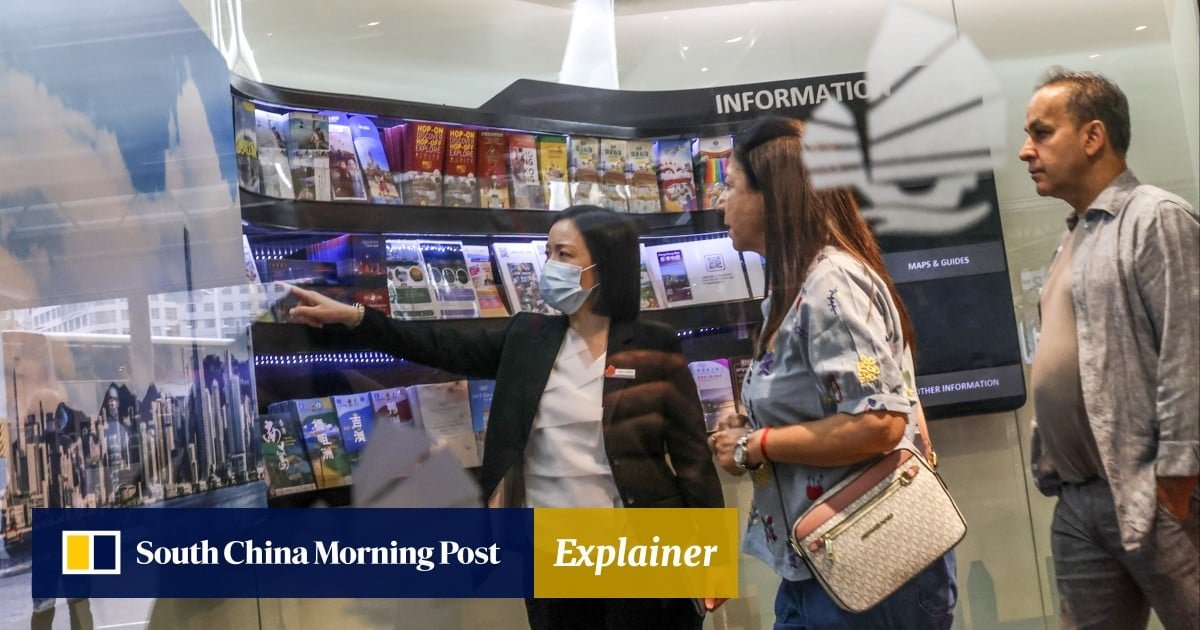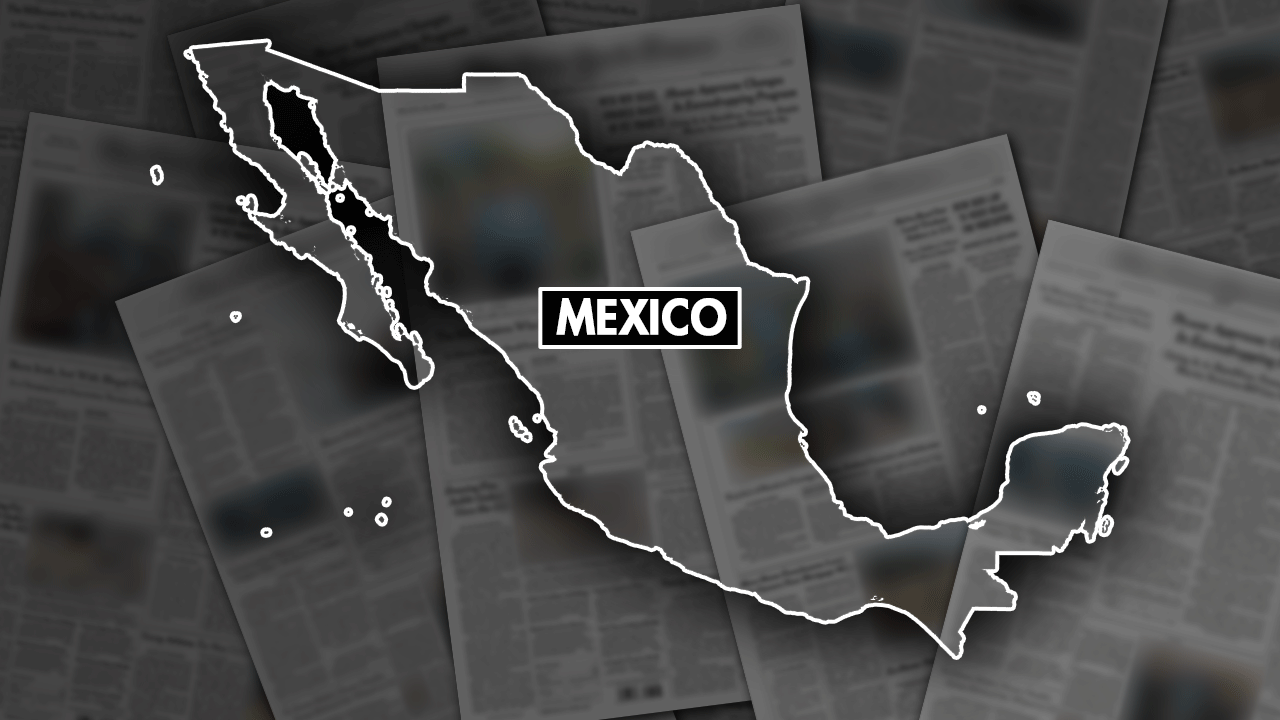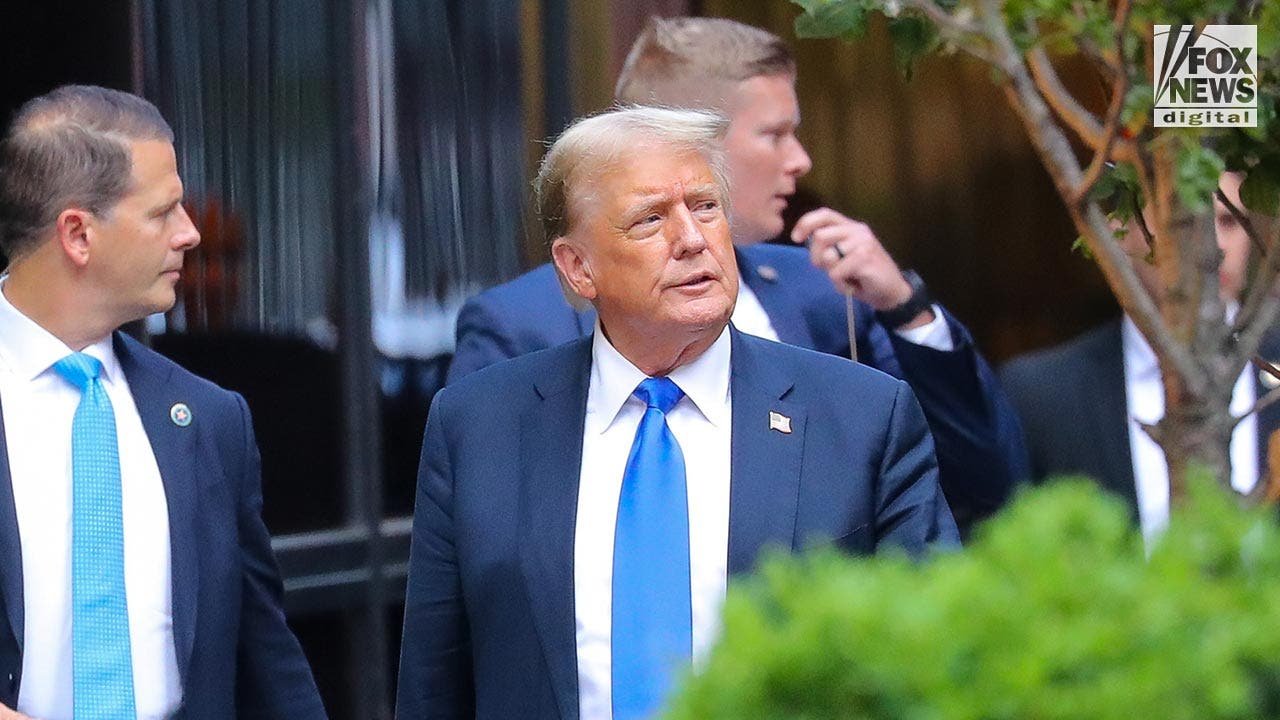Hong Kong is bringing back a campaign to foster polite manners among the catering, retail and taxi industries after the city launched a wave of similar initiatives nearly three decades ago.
The government’s “Let’s Go the Extra Mile” courtesy drive launched on Monday, with film star Louis Koo Tin-lok at the helm.
With Hong Kong’s latest charm offensive already under way, the Post takes a look at what got it started, as well as how it compares with past efforts and those held outside the city.
Why the new campaign?
Hong Kong’s struggling tourism industry is currently battling several challenges, in particular a change in behaviour among mainland Chinese visitors, who are opting for more cultural, in-depth tours and experiences over splashing out on retail goods.

The growing influence of social media platforms such as the mainland’s Instagram-like app, Xiaohongshu, means bad customer experiences can instantly go viral.
Secretary for Culture, Sports and Tourism Kevin Yeung Yun-hung said now was a good time for a campaign since the sector had been “dormant” for three years.
He added that non-traditional tourist locations were seeing more visitors, with some operators only used to handling local customers in need of “reminders”.
Yeung also noted that some cases of bad customer service had gained traction on social media, triggering doubts about Hong Kong’s status as a welcoming tourist destination.
What are the complaints?
A scroll on Xiaohongshu produces hundreds of results from visitors recalling their bad experiences in the city, especially at Hong Kong-style cafes, or cha chaan teng.
Some users described dining in Hong Kong as “paying for a hard time”, while others commented: “You would never receive service like this in any other Chinese city”.
The topic has gone viral and seen some content creators producing “undercover” videos where they test customer service at venues while speaking Mandarin.
But others have called for more understanding of Hong Kong culture, which prides itself on efficiency. Some have also noted that the local Cantonese accent can sound more gruff than it actually is.
Some tourists unfamiliar with the unique notetaking culture of local diner staff have also gained traction online for mistaking industry jargon on bills as insults.
Local taxi drivers have also faced rampant complaints of overcharging passengers by taking longer routes, not following the meter or making excuses to charge exorbitant extra fees.
How are local industries responding?
The Hong Kong Tourism Board recently published a series of short videos featuring stars such as Koo and actress Jessica Hester Hsuan, where they revive the old slogan of “such attitudes in service are not enough these days” from a past campaign.
The board plans to roll out more videos focusing on making cha chaan teng more welcoming, as well as encouraging thoughtful service from salespeople and taxi drivers.
Hong Kong Federation of Restaurants and Related Trades president Simon Wong Ka-wo said his sector would collaborate with the Employees Retraining Board to roll out a free basic training course for front-line staff.
He noted that many staff may not have received such training since they were hired during a period of manpower shortages.
The taxi industry also plans to hold a kick-off ceremony on Wednesday for its own three-month courtesy drive that launches on June 11 and will deploy ambassadors to cabby stands to encourage more polite interactions with passengers.
What about past campaigns?
The board, back when it was called the Hong Kong Tourism Association, recruited actor and singer-songwriter Andy Lau Tak-wah in 1997 to front a campaign as their “courtesy star”.
Lau later appeared in a series of TV commercials where he used the now well-known slogan: “Such attitudes in service are not enough these days”.
Other campaigns used jingles sung by George Lam Tsz-Cheung, including an earlier one in the 80s that encouraged people to smile more.
Lam also came back with a theme song for the “Friendly Hong Kong – You Make A Difference!” campaign that launched in 2004 in response to a tourism sector crippled by the Sars epidemic.
What about campaigns in other places?
Macau last year launched its own courtesy campaign, called “Be my guest, feel at home”, which was promoted through TV commercials.
The city launched various training programmes for service workers that involved collaborations between the government and private companies.
Under then prime minister Lee Kuan Yew in 1997, Singapore introduced a national courtesy campaign to tackle “antisocial behaviour and traits of the ‘ugly Singaporean’ reported in the media”.
It was intended to be an annual event, and was later taken over by a similar initiative.
The campaign included television commercials, competitions and a lion mascot named “Singa”.
Additional reporting by Edith Lin










